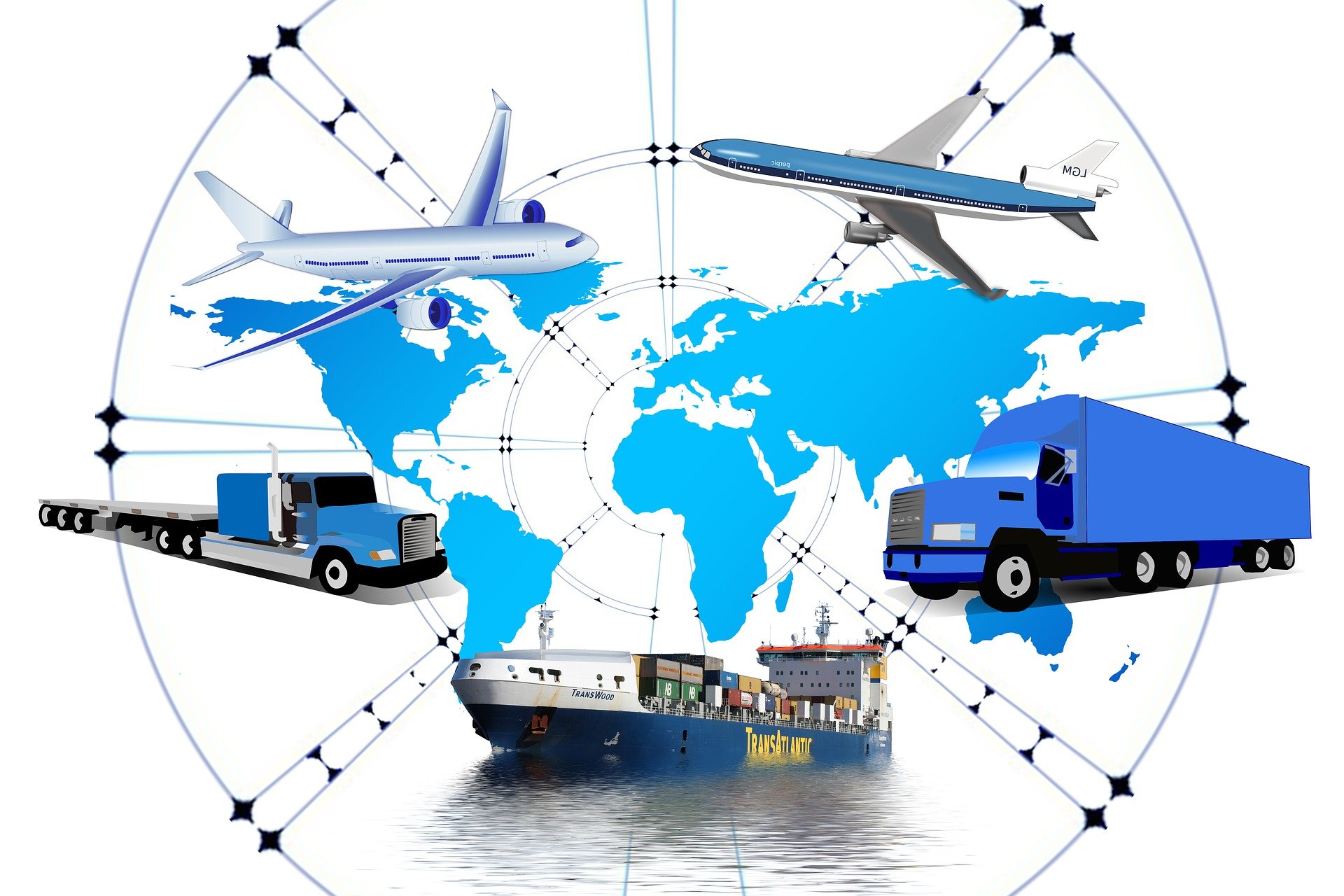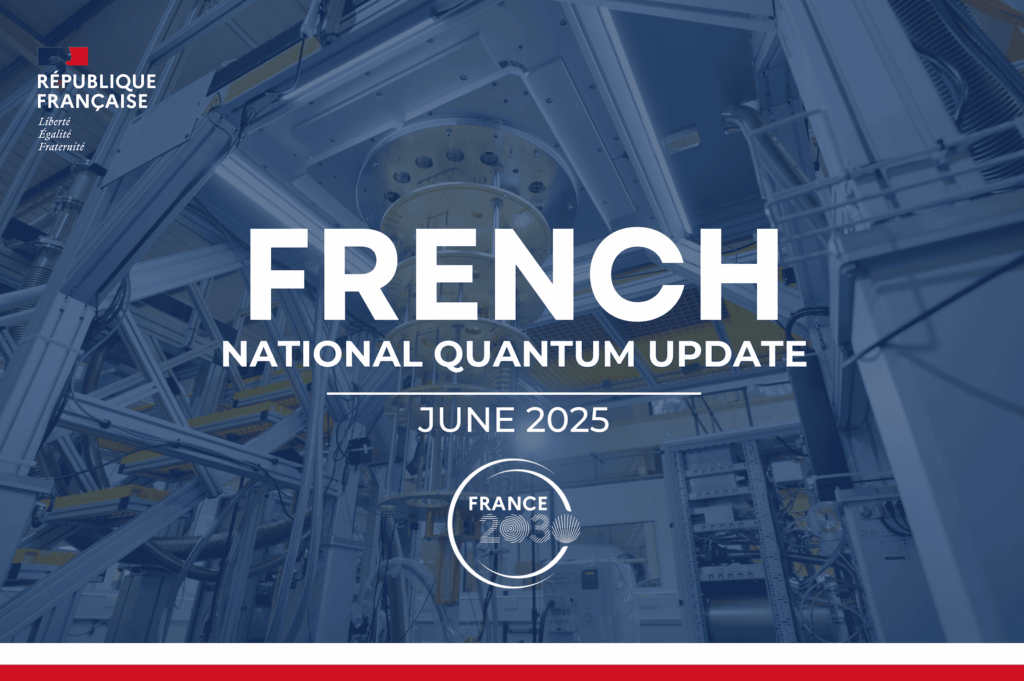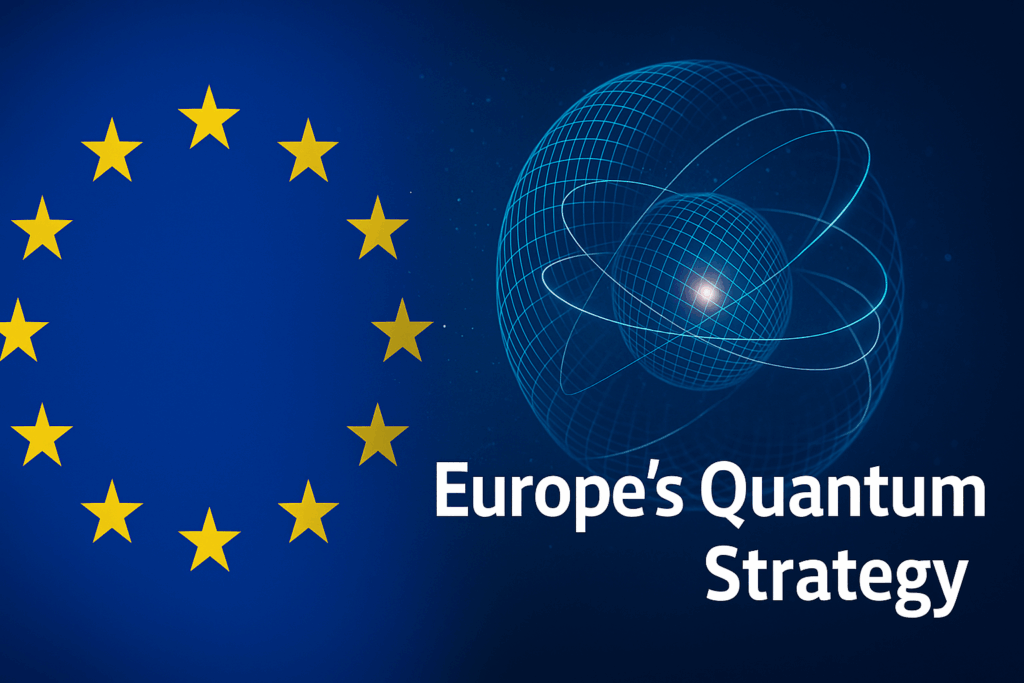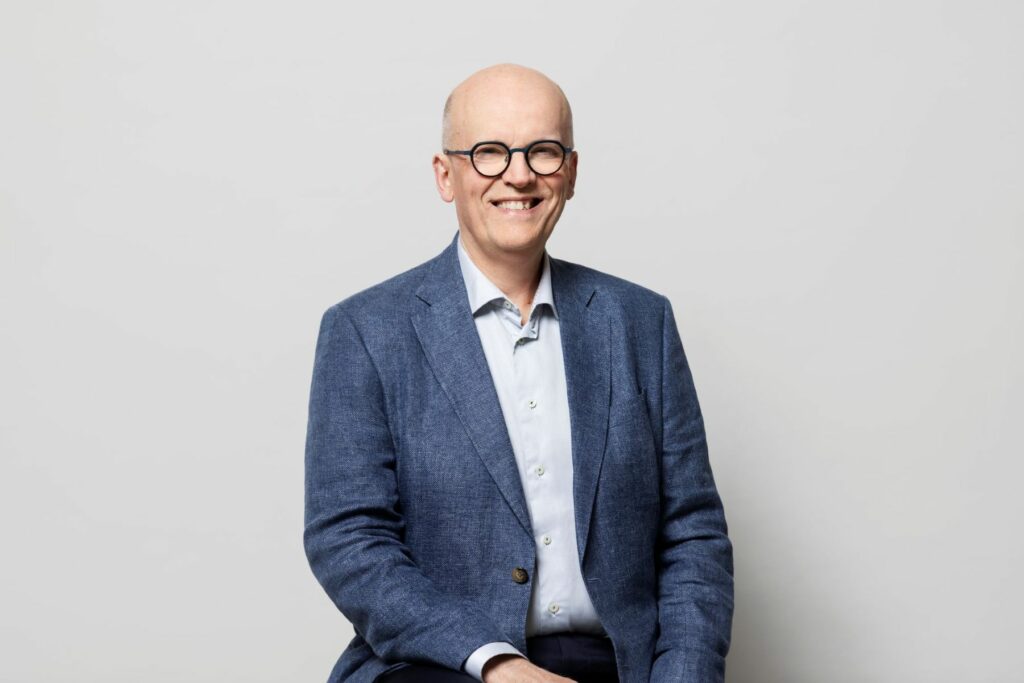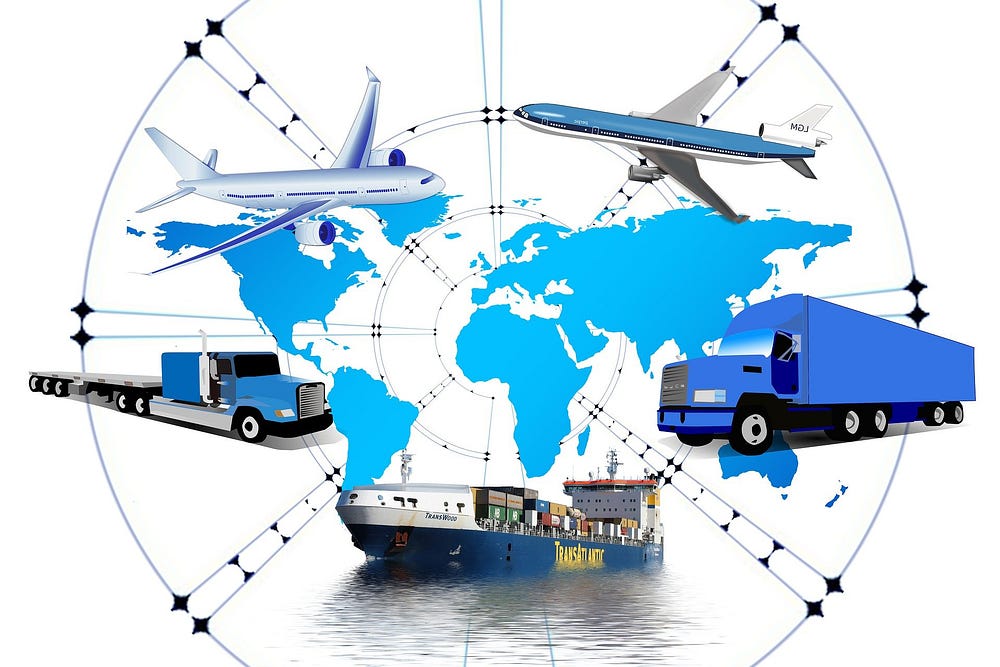
The Shift
For such global logistics players like DHL, FedX, UPS, and XPO Logistics, the optimization in the planning and routing of supply chain networks is an ongoing concern. Already there have been marked improvements in real-time traffic simulations, yet they could be better. One solution to this may come in the form of quantum computing (QC), especially when dealing with such issues as the ‘travelling salesman problem’. This technology — which can process data millions of times faster than classical computers — could, if harnessed properly, offer logistics companies newer, improved capabilities never before seen.
Taking advantage of this shift, a flagship initiative called LSQuant, founded this year and based at the Autonomous University of Barcelona (UAB) Campus, is “dedicated to the promotion, dissemination and developments of large-scale quantum transport methodologies.”
Developed and optimized over the course of two decades, LSQuant’s user-friendly algorithms and user interfaces utilize predictive computational modelling to assess “quantum transport in realistic models of disordered matter given that they allow for simulating system size containing billions of atoms.”
LSQuant
The LSQuant team’s development of computationally efficient and versatile versions of linear-scaling quantum transport codes to ease their implementation in CPU and GPU computing infrastructures, allow for a multiscale simulation value chain to be realized, as well as ML tools to be harnessed.

LSQuant consists of the following team members:
Aron Cummings is a senior researcher at the Catalan Institute of Nanoscience and Nanotechnology (ICN2). With a Ph.D. in electrical engineering from Arizona State University, he has more than 15 years of experience in the numerical simulation of the transport of heat, charge and spin in low-dimensional materials and systems.
A computational physicist, Jose Hugo García has a wealth of experience in applying HPC algorithms in multi-core and GPU-CUDA platforms for quantum transport problems.
Zheyong Fan is a research scientist in Varian Medical Systems (VMS). With a Ph.D. from Nanjing University, he has also been a postdoctoral researcher at Xiamen University and Aalto University and has spent a decade in the numerical simulation of the transport of various particles (phonon, electron, and photon), using GPU computing with CUDA.
A manager of a Radiation Physics team in Varian Medical Systems Finland and a former lead of the quantum many-body group at Aalto University, Ari Harju’s focus is on transport problems relevant to radiation oncology.
José Eduardo Barrios Vargas is an associate professor at the Chemistry Faculty at the National Autonomous University of Mexico (FQ-UNAM). Gaining a Ph.D. in physics from UNAM, a postdoc at the Catalan Institute of Nanoscience and Nanotechnology in Barcelona (ICN2), and a FONDECyT postdoctoral fellowship at the University of Chile, he is now involved in research projects on Floquet Topological Insulators, Higher-order Topological Insulators, and Non-Hermitian Topological Insulators.
Frank Ortmann received his Ph.D. from the Friedrich Schiller University Jena in physics. After that, he joined CEA Grenoble as a postdoctoral fellow and was awarded a Marie-Curie Fellowship in 2010. Later he worked at ICN2 Barcelona, was a senior researcher at TU Dresden, headed an Emmy Noether junior research group and, since last year, has been a professor at the Technical University Munich and works on the development of methods for transport and spectroscopy.
Aleandro Antidormi is a senior Post-Doctoral Researcher at Catalan Institute of NanoScience and Nanotechnology (ICN2), Barcelona. He received a Ph.D. in electronic and telecommunications engineering from the Polytechnic University of Turin. He was a postdoctoral researcher at the Physics Department at the University of Cagliari (Italy) before joining ICN2. Antidormi’s research focuses on charge and heat transport in graphene and other two-dimensional materials.
A researcher in theoretical physics and a scientific software developer whose expertise lies in topological properties, large-scale numerical simulations, electronic transport in nanoscale devices, and an expert in Python and software development, Pablo Perez-Piskunow gained his Ph.D. in physics at the National University of Córdoba, Argentina. Later he joined the Theoretical Physics group at the Department of Quantum Nanoscience and QuTech, at the Delft University of Technology. Currently, he is a senior postdoctoral researcher at the Theoretical and Computational Nanoscience Group at the Catalan Institute of Nanoscience and Nanotechnology.
Paper
To say LSQaunt’s team is top-notch is a bit of an understatement. For a closer look at where the team is heading, please refer to the paper Linear scaling quantum transport methodologies, published in Physics Report.

Along with this, LQQuant has some short tutorials and open-source codes under development:
- General recursive methods & KPM
- Kubo-Greenwood (σxx)
- Spin transport physics
- Landauer Büttiker & link to Kwant using KPM
- Molecular dynamics and quantum transport with vibrational disorder
Let’s hope, in the short term or longer, this group of scientists and thinkers can solve some of the most intractable problems using linear-scaling numerical methods applied to quantum transport based on the Kubo–Greenwood and Kubo–Streda formalisms.
For more market insights, check out our latest quantum computing news here.

